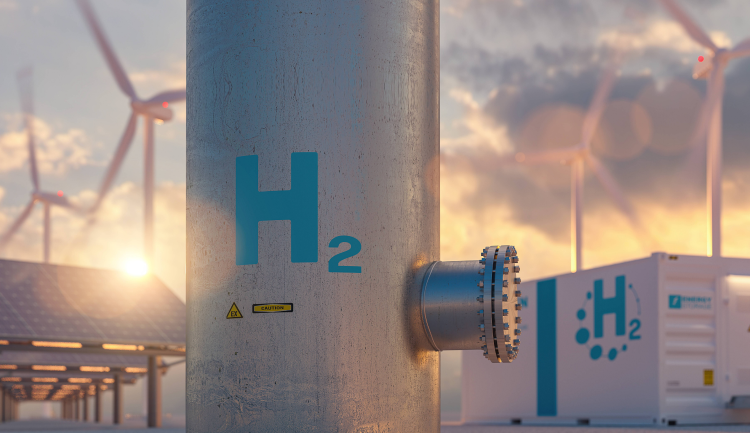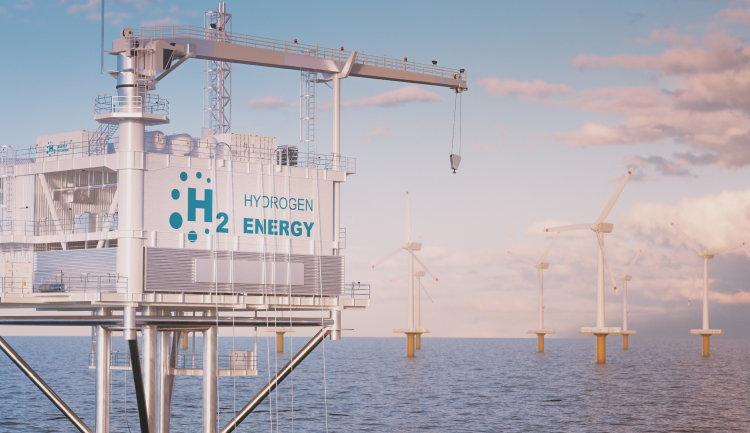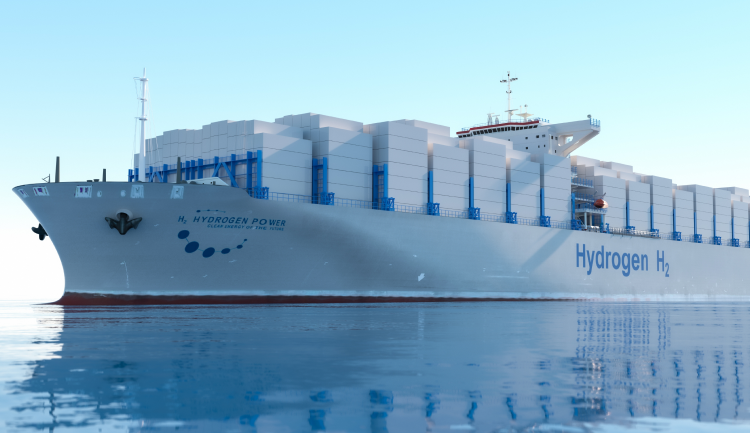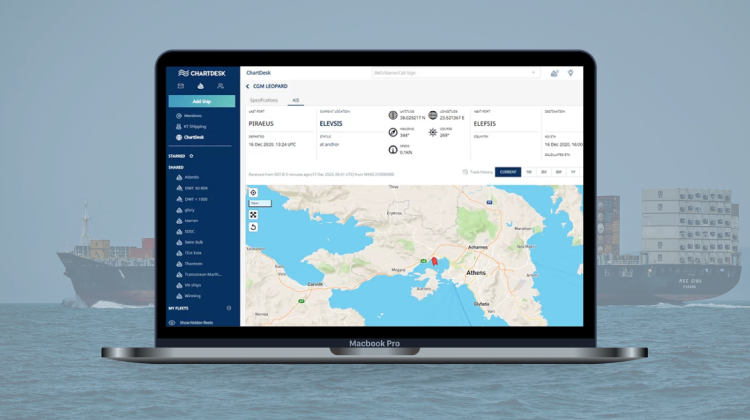
ChartDesk keep a strong eye out on the environmental impact of greenhouse gas emissions, and how industries are under growing pressure to transition towards more sustainable practices. Our shipping industry, responsible for transporting approximately 80% of global trade, is no exception. We are part of the ESG agenda. To curb its substantial carbon footprint, we must seek innovative solutions that reduce emissions and foster a cleaner, greener future. One of the most promising alternatives is hydrogen fuel, a clean energy source that shows great potential to revolutionize the shipping sector. In this ChartDesk blog, we will delve into the various aspects of hydrogen fuel in the shipping industry, exploring its benefits, challenges, and potential role in shaping a more sustainable maritime sector.
Understanding Hydrogen Fuel
Hydrogen, the most abundant element in the universe, holds immense promise as a clean energy carrier. It can be produced through various methods, such as electrolysis, steam methane reforming, and biomass gasification. The primary distinction lies in how green or low-carbon the production process is. For the shipping industry, which demands large amounts of fuel for propulsion, green hydrogen produced via renewable energy sources, such as wind or solar, is the most desirable option. Green hydrogen production emits no carbon dioxide, making it a truly sustainable alternative to traditional fossil fuels. At Shell they have a good diagram explaining it. Check it out here.
At ChartDesk we see many benefits of Hydrogen Fuel in the Shipping Industry. Some are obvious, some a bit ‘techy’
1. Zero Emissions
One of the most significant advantages of using hydrogen fuel in shipping is that it produces no harmful emissions when consumed. By switching to hydrogen-powered vessels, the shipping industry can significantly reduce its carbon dioxide, sulfur dioxide, and nitrogen oxide emissions, helping combat air pollution and climate change.

2. Energy Density
Hydrogen has a high energy density, which means it can carry a significant amount of energy in a small volume. This characteristic is especially crucial in the maritime sector, where space is limited and efficiency is paramount.
3. Versatility
Hydrogen can be used in various types of ships, from small coastal vessels to massive container ships and tankers. This versatility makes it adaptable to different shipping needs and applications.

4. Energy Security
Unlike conventional fuels that rely on limited fossil fuel reserves, hydrogen production can be diversified, utilizing different renewable energy sources. This enhances energy security for the shipping industry, reducing its dependence on fossil fuels.
5. Technological Advancements
The adoption of hydrogen fuel in the shipping industry is driving innovation and technological advancements. As research and development efforts intensify, hydrogen propulsion systems are becoming more efficient and cost-effective.
But we know there are challenges facing Hydrogen adoption in Shipping. Most is about transformation and at ChartDesk we think it’s a matter of time we overcome this.

6. Infrastructure
Establishing a robust hydrogen infrastructure, including production, storage, transportation, and refueling facilities, is a substantial hurdle. The current lack of hydrogen infrastructure hinders widespread adoption of the technology.
7. Cost
Green hydrogen production is currently more expensive than conventional fossil fuels. Scaling up production and reducing costs are essential to make hydrogen a competitive option for the shipping industry.
8. Safety
Hydrogen has a wide flammability range, and safety concerns regarding its storage and handling must be carefully addressed. Stringent safety regulations and guidelines are crucial to ensure the protection of crew, vessels, and the environment.

9. Storage and Distribution
Hydrogen has low volumetric energy density, necessitating specialized and efficient storage solutions. Developing safe and cost-effective methods for onboard storage and distribution is a significant challenge.
10. Technological Maturity
While hydrogen fuel cell technology has been around for some time, its application in maritime propulsion is relatively new. Advancements are needed to optimize and adapt the technology to suit the specific requirements of the shipping industry.

Different countries have different initiatives. Our research came up with a few examples.
Norway
The Norwegian government has been at the forefront of promoting hydrogen as a fuel for the maritime industry. The country’s national ferry operator, Norled, has partnered with several companies to build hydrogen-powered ferries that will operate in Norway’s coastal waters.

Japan
Japan has been investing in research and development related to hydrogen-powered ships and has unveiled plans to develop the world’s first large-scale, ocean-going, hydrogen-fueled car carrier.
European Union
The European Commission is actively supporting hydrogen initiatives through its “Fuel Cells and Hydrogen Joint Undertaking” program. Various European ports are also exploring the development of hydrogen refueling infrastructure for ships.

South Korea
South Korea, a global shipping powerhouse, is exploring the use of hydrogen as a marine fuel and has set ambitious targets to increase the number of hydrogen-powered ships in its fleet.
Global Consortia
Several global consortia have been formed, comprising maritime companies, research institutions, and government entities, all working together to advance the development and adoption of hydrogen propulsion in the shipping industry.

Our view on paving the future
Hydrogen fuel holds immense potential to revolutionize the shipping industry and contribute significantly to global efforts to combat climate change. Its zero-emission characteristics, energy density, and versatility make it a promising alternative to conventional fossil fuels. Still, the challenges of infrastructure, cost, safety, and technological maturity must be addressed to ensure a successful and widespread transition. Governments, industry stakeholders, and research institutions must collaborate to invest in research and development, facilitate regulatory frameworks, and support the creation of a robust hydrogen infrastructure. Only through these collective efforts can we in the shipping industry navigate a sustainable course towards a greener future powered by hydrogen fuel.
About ChartDesk
Above all, we are Maritime experts. ChartDesk shared mailboxes are virtual mailboxes that allow multiple people to access, view, and manage emails from a single account. This feature enables chartering teams and other stakeholders to collaborate more easily, as they can all access the same emails and reply to them as needed. ChartDesk shared mailboxes also provide users with a more secure way to store and share email data, as all emails are encrypted before they are sent. ChartDesk is entirely on the Cloud.






Leave a reply